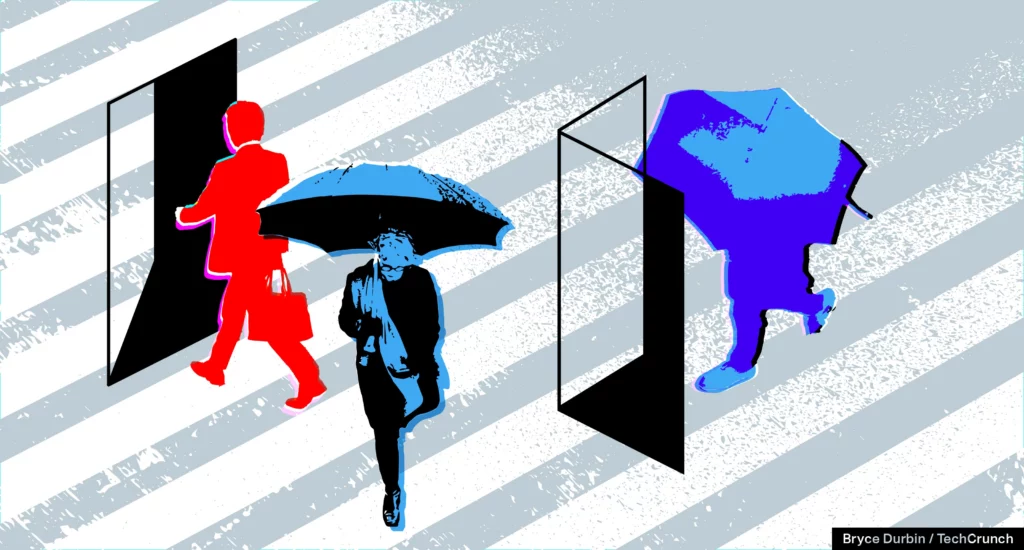Pakistan’s automotive industry has witnessed a sharp decline in recent months, resulting in the layoffs of numerous employees. The decrease in vehicle and spare parts sales can be attributed to multiple factors, including a government ban on raw material imports, a significant depreciation of the rupee, and soaring inflation. Industry officials have expressed their concerns regarding the dire economic crisis faced by Pakistan, as foreign exchange reserves have dwindled to $4 billion, barely enough to cover three weeks of imports.
The national currency has also reached historic lows against the US dollar. To prevent the outflow of US dollars, the country implemented restrictions on raw material imports last year. This move has led to a considerable decrease in industrial output, causing widespread layoffs and unemployment. Additionally, commercial banks have ceased opening letters of credit (LCs), leaving importers struggling to secure the necessary funds for existing orders.
In April, Pakistan experienced a staggering inflation rate of 36.4 percent, the highest since 1964. Munir Karim Bana, Chairman of the Pakistan Association of Automotive Parts and Accessories Manufacturers (PAAPAM), stated that thousands of workers have been laid off recently as production in the industry has come to a standstill. With the closure of auto manufacturing plants, there is currently no demand for vehicles, resulting in significant financial losses for auto parts manufacturers. The situation is exacerbated by the accumulation of raw materials worth billions of rupees stuck at the Karachi port, leading to additional costs such as demurrage charges.
PAAPAM, responsible for supplying approximately 90 percent of local vehicle parts, is facing numerous challenges. Bana highlighted the burden of loan interest payments on manufacturers, the devaluation of materials, and the lack of attention given to their grievances. With production units closed and income streams drying up, the industry is facing bankruptcy, and there is little hope for its revival in the near future.
Rana Ihsan Afzal, the coordinator to Prime Minister Shehbaz Sharif on commerce and industry, acknowledged the import dependency and dollar-intensive nature of Pakistan’s automobile industry. He explained that without the revival of the International Monetary Fund (IMF) bailout program, the industry may not be able to operate efficiently. Unfortunately, the staff-level agreement for the ninth review of the IMF deal, signed in 2019, has been delayed since November.
Afzal emphasized the need to protect foreign exchange reserves by limiting raw material imports for the industry. While acknowledging the decline in sales and mass layoffs as unfortunate, he assured that the government was diligently working to revive the economy. Despite the current challenges, he expressed optimism that the industry would experience a boom once reserves are replenished.
The sale of vehicles has plummeted by approximately 70 percent within a year, with some manufacturing plants remaining closed for extended periods. Abdul Waheed, the spokesperson for the Pakistan Automotive Manufacturers Association, attributed this decline to factors such as inflation, reduced sales, and import bans. The rapid devaluation of the rupee has caused vehicle prices to surge, resulting in a significant reduction in demand. Despite temporary closures, companies have been ensuring the payment of staff wages. However, the future job prospects in the auto sector appear bleak due to the unfavorable political and economic environment in Pakistan. Soaring inflation and rupee devaluation have shattered consumer confidence and undermined industrial production.
Furthermore, the current state of the automotive industry in Pakistan not only affects the manufacturers and employees but also has wider implications for the overall economy. The decline in production and sales leads to a ripple effect, impacting other sectors that rely on the automotive industry, such as transportation, logistics, and spare parts suppliers. The job losses and reduced economic activity in the industry have a detrimental effect on the livelihoods of countless individuals and the stability of local communities. It is crucial for the government to prioritize measures that can revive the automotive sector and create a favorable environment for industrial production and economic growth in the country.
In summary, Pakistan’s automotive industry is facing severe challenges, leading to the layoffs of thousands of employees. The ban on raw material imports, the depreciation of the rupee, and soaring inflation have all contributed to the industry’s decline. The country’s economic crisis, characterized by dwindling foreign exchange reserves and a weakened national currency, has further exacerbated the situation. The government is working to revive the economy, but the industry’s revival may depend on the restoration of the IMF bailout program and the stabilization of reserves
Read More:





 WhatsApp Editing Option: Now You Can Edit Messages With A 15-Minute Time Limit
WhatsApp Editing Option: Now You Can Edit Messages With A 15-Minute Time Limit